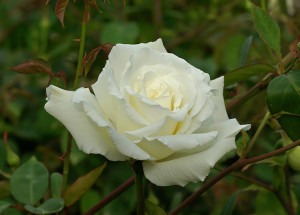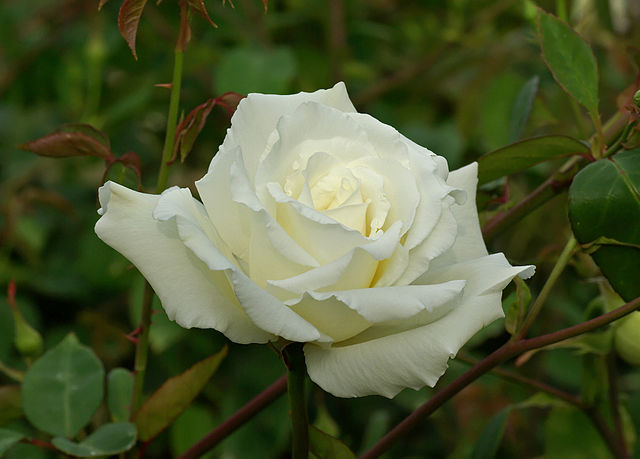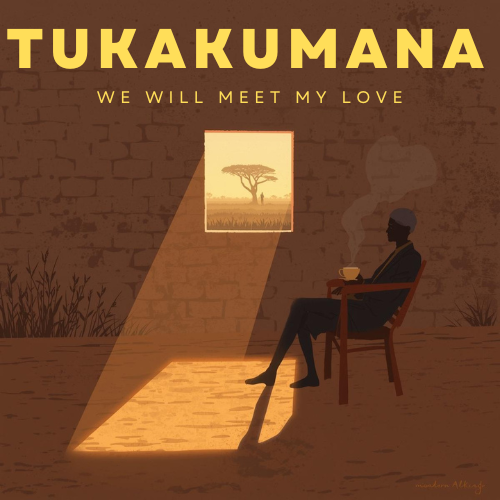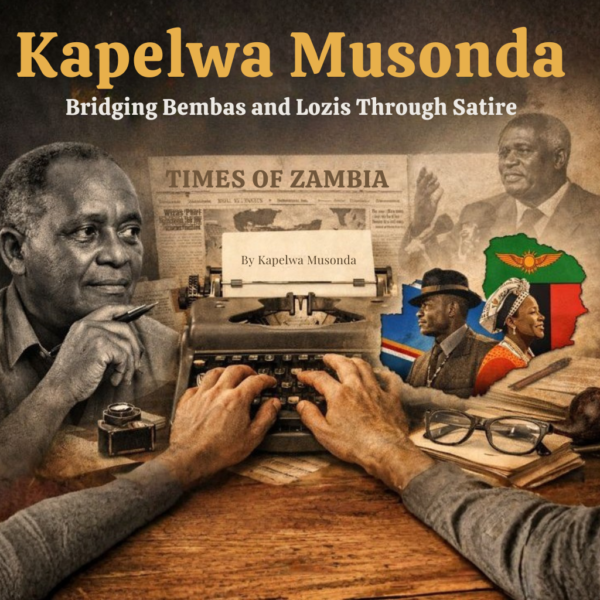
Ever since I posted the first Bemba lesson, I have received several requests for tips on words to use when talking to a loved one. Such a use of the Bemba language is positive and healing. It is therefore with pleasure that I respond to Benedicte’s request for a lesson on this topic.
Romantic expressions tend to be poetic. This poses a problem when you are learning a language because poetry does not easily flow from a learner’s lips. Even if you learnt such deep Bemba, your loved one may not be able to appreciate your efforts because the language you are using is too deep even for them.
If you went out on the streets of Kitwe and asked a hundred people what “Nsalankwale yandi” means, you will be lucky if you got one or two who knew that it means “my rose.” If, on the other hand you asked what “iluba lyandi” means, everybody will tell you it means “my flower.” This is a good reason to simplify things and use words that are more likely to be universally understood.
You have probably heard that traditionally, you show respect by addressing one person as though they were more than one (plural). When it comes to romantic language, intimacy can be deepened by using the singular form of address, e.g “It is you (plural) that I love” (Nimwe natemwa) becomes “Niwe natemwa.” The expressions in this lesson are therefore given in the singular form.
Kitweonline is a family website. This limits what can be included here, but you don’t miss much if you learn what is included.
So here goes:
English Bemba
Look Mona
My rose We nsalankwale yandi
My Lily We cananika candi
I am yours Ndi obe
You are mine Uli wandi
Embrace me Mfukatila
It is you my heart loves Niwe umutima wandi watemwa
I will never let you go Nsakakulekeko iyo
Your lips Imilomo yobe
Your lips are beautiful Imilomo yobe yaliyemba
Let me see your face Unenge ukumone cinso cobe
Let me hear your voice Unenge ukuumfwe shiwi lyobe
Your voice is sweet Ishiwi lyobe lyaliwama
You are my love Wemunandi watemwikwa
I long for you Ndakufuluka
I am longing for you Ndekufuluka
My (wife) spouse Nabwinga wandi
My (husband) spouse Shibwinga wandi
My queen Musano wandi
You are beautiful Waliyemba
You are handsome Waliyemba
You are my beauty Wewayemba wandi
You are the most beautiful woman in the world We wayemba pabanakashi bonse
Your hair looks beautiful Umushishi obe nauwama
Your hair locks are beautiful Ifikuti fyobe fyaliyemba
Your cheek Isaya lyobe
Your cheeks Amasaya yobe
Your hands Iminwe yobe
Your legs Amolu yobe
Your walk is beautiful Intampulo shobe shaliyemba
I love your breasts Nalitemwa mabele yobe
Your tummy Ifumo lyobe
Your teeth Ameno yobe
Your mouth is sweet Akanwa kobe kalilowesha
For more romantic words to use, check out https://kitweonline.com/languages/english-bemba-translations



Hello I am Crystal I am very new at this could u tell me what this is in english Wemutemwika wika na thank u so much
It means my love don’t deny me or don’t leave me
What is: Tawakese mbonako?
Tawekese mbonako = Will you come and visit me?
Hello, I would like to know how to greet elders in Bemba
Hello Buyi,
Greeting elders in the traditional way is both about body language and verbal interaction, whichever tribe they are. The elder takes the initiative and you follow along. If you are welcoming them, you may take the initiative.
Body language: Respect the elder’s personal space. Avoid getting in their face. You make yourself small and avoid standing over them and staring them in the face. You can clasp your hands rather than reach for their hand for a hand shake, until they offer their hand. You reach out with your right hand to shake the offered hand with your left hand under your right elbow. Your hand shake should be firm but not too hard. (See the photo in the Daily Nation Newspaper showing President Lungu greeting Chief Sinadambwe of Siavonga – Tuesday, July 14, 2015)
Verbally, you respond to their lead and address them in the third person(They).
“Mwapoleni mukwai.” (Hello sir/madam)
“Bali shani?” (How are they?)
how do you say in a non romantic way to a leader you care about for his guidance from a group of people. Thank you and we love you!
Since they is a “we love you phrase” then it must have been that person is highly recognized by the people he/she visited …so in this way we bembas normally say
“Twatotela , twalimitemwa! ” Showing plurality as a translation to what you’ve asked for
And “Natotela , ndefwa insansa ukumimona” to replace
We love you
How do you feel about me……… bushe umfwa shani pali ine??
Hello Mr. J, I’m wondering where the other lessons are? I can’t find any before lesson 15 on this website, but I would like to learn more. Also, do you know any private Bemba teachers who can teach me directly over the phone or whatsapp?
Hi I would also like to know at all you know any private bemba teachers
Hi Daniel, For private Bemba lessons, you can contact https://zamtransinternational.weebly.com/bemba.html
Bemba is the most romantic language